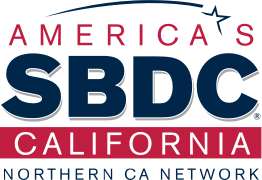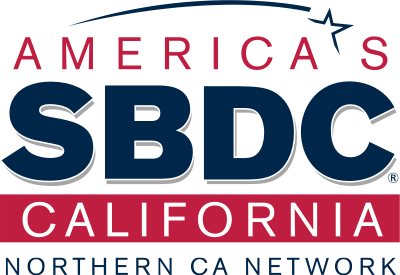The Advantages of SBA Loans for Small Businesses
Funding: The Power of SBA Loans for Small Business Growth
Starting or maintaining a small business can be a rewarding experience, both personally and for the community. However, finding the necessary funding can be a daunting task. One option that offers a number of advantages and relatively few drawbacks is securing a loan through the Small Business Administration (SBA). SBA loans can help businesses get off the ground, grow, and expand.
What is an SBA Loan?
An SBA loan is a type of government-guaranteed loan provided through the Small Business Administration. These loans are distributed and managed by third parties, such as banks, which provide the funds to small businesses. The government, in turn, provides assurances to the third party that the loan will be repaid. There are several types of SBA loan programs available, depending on a variety of factors. For example, the SBA 7(a) Loan Program is the most popular and provides funding of between $350,000 and $500,000 based on financial need.
The Benefits of SBA Loans
SBA loans offer many benefits compared to other forms of small business funding. For starters, they often have longer loan terms and amortization rates, which can improve cash flow for business owners. Additionally, SBA loan programs often require lower down payments and collateral amounts, freeing up cash for business owners to use in other areas.
One of the key advantages of SBA loans is their guaranteed status, which allows third-party lenders to be more lenient in their lending practices. This leniency is reflected in increased cash flow for business owners. SBA loans also offer other benefits, such as the ability to obtain credit when it may not be available elsewhere and the consideration of the entire project for financing, rather than just certain aspects as some lenders may do. Finally, SBA loans can cover collateral shortfalls, allowing individuals who may not have the industry-standard amount of collateral to still qualify for a loan.
Eligibility and Exclusions
There are a few rules and regulations to be aware of when it comes to SBA loans, including eligibility requirements and exclusions. In order to be eligible for an SBA loan, potential borrowers may be required to present a summary of eligible assets to use as collateral for the loan. Background checks may also be conducted to verify the identity of applicants and ensure that they have no criminal history or financial issues that could disqualify them.
Exclusions for SBA loans include businesses engaged in illegal activities, businesses that discriminate based on race, religion, or other protected classes, and businesses that produce sexually explicit or obscene materials. It is important to be aware of these exclusions and ensure that your business falls within the eligibility requirements before applying for an SBA loan.
Statistics
According to data from the SBA, the agency has provided billions of dollars in loans to small businesses over the past 20 years. In the fiscal year 2002, the SBA approved over 63,000 loans totaling over $8 billion through its various loan programs. The total amount of lending increased steadily over the years, reaching a peak of over $30 billion in the fiscal year 2020, with over 159,000 loans approved.
The SBA 7(a) Loan Program has consistently been the most popular and has accounted for the majority of SBA lending. In the fiscal year 2002, the 7(a) program approved over 34,000 loans for a total of nearly $4 billion. The number of loans and total amount of lending through the 7(a) program have both increased over the years, reaching over 97,000 loans and nearly $20 billion in the fiscal year 2020.


